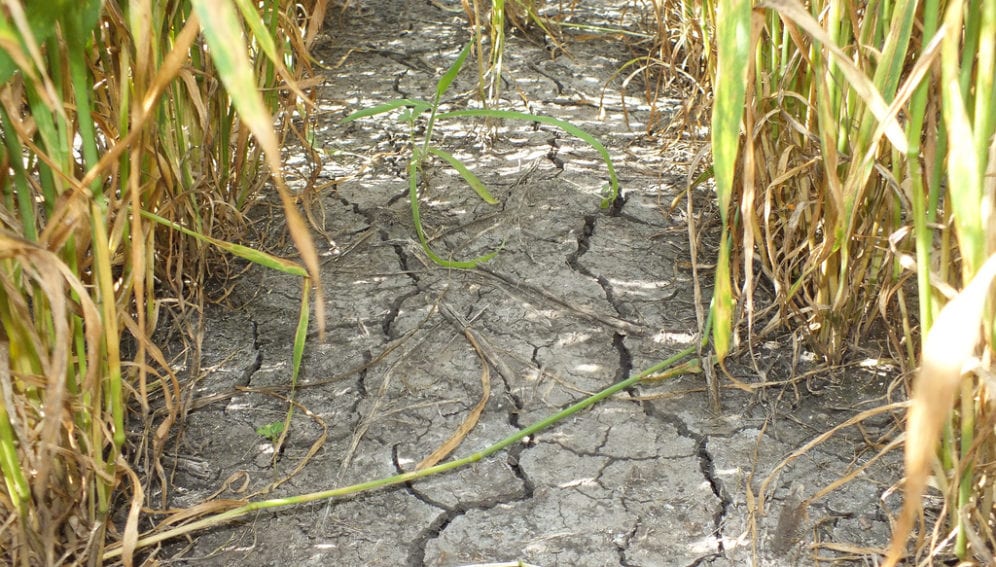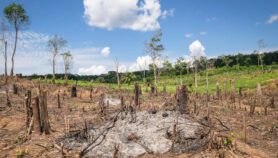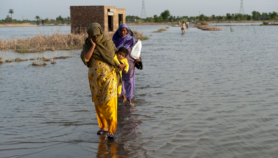By: Prime Sarmiento
Send to a friend
The details you provide on this page will not be used to send unsolicited email, and will not be sold to a 3rd party. See privacy policy.
[HO CHI MINH] Most people in Asia are experiencing the impact of climate change and are keen on changing their lifestyles, a study says.
The 'Climate Asia' study, published by BBC Media Action, the UK media organisation's international development charity, is the first comprehensive report on how people in Asia are responding to the impact of climate change. It involved intensive interviews, forum group discussions and assessments of interest groups — such as fishermen, rural women and farmers — who are considered the most vulnerable to climate change.
The study reveals that 84 per cent of the 33,500 people surveyed in seven Asian countries — Bangladesh, China, India, Indonesia, Nepal, Pakistan and Vietnam — say they are feeling the impacts of climate change. In India, as many as 90 per cent of respondents say they are affected by climate change. Most of the respondents are suffering from extreme weather conditions and hotter temperatures because these have reduced water supply and crop production.
Only in China and Vietnam were the population noticeably less affected by climate change. In those countries, 33 and 39 per cent of respondents respectively say they are feeling the effects of the altered climate.
But not everyone is implementing measures that will reduce the impact of climate change on their health, family and livelihood.
The results show that Bangladesh is an "adaptation leader", with more than a third of respondents making changes in their livelihood to lessen the impact of climate change, for example by migrating to other areas, planting different crops or seeking other sources of income. Even so, 90 per cent of the respondents feel that they need more government support and would welcome more information about climate change.
Despite knowing about climate change, only 25 per cent of Indian respondents say they are struggling, feel hopeless or think it is not their responsibility to take action. Yet they are sceptical that their government can implement adaptation measures.
"People who are feeling that they can make decisions in their community are making more changes and are more engaged in these issues — like in the case of Bangladesh — than those who do not feel they can make any," Sonia Whitehead, senior research manager of BBC Media Action tells SciDev.Net.
Charlotte Sterrett, principal consultant of Melbourne-based advocacy group Climate Concern (Australia), welcomed the study, noting that this is a "pioneering investigation of people's perceptions on climate change".
"This is really useful as it helps [us] understand what the people in these countries think about climate change and related issues. It is useful for policymakers who then want to work with communities affected, to develop programmes that have the most effectiveness," Sterrett says.














